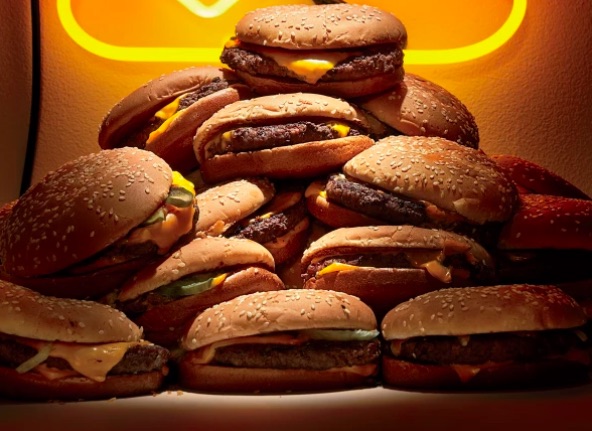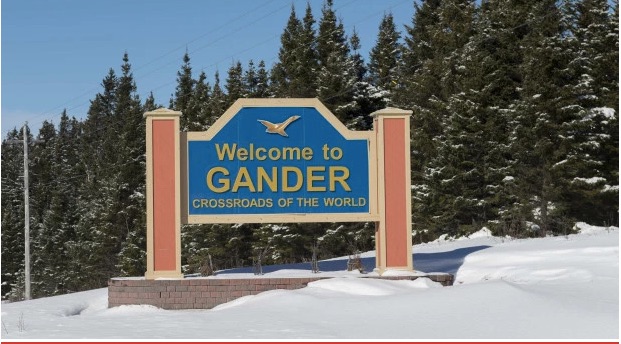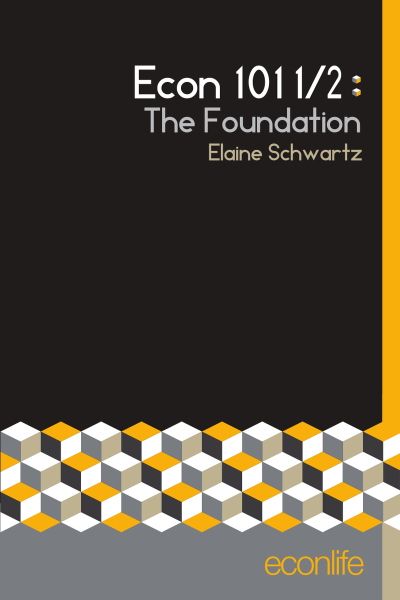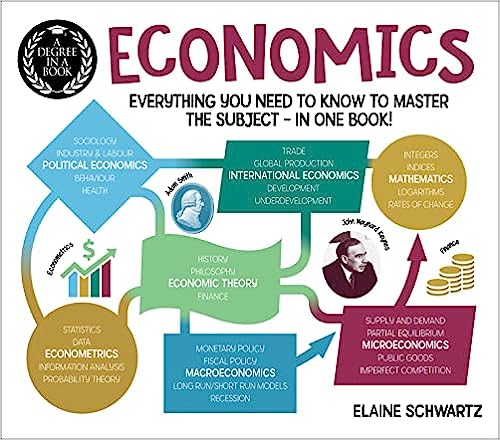Whether it’s Ooey Gooey Butter Cake or Salted Crack Caramel, your flavor is a part of the ice cream economics of an ultra-premium creamery.
What Chipotle Says About Its Avocados
Investors have been told that Avocado prices are nudging food costs up at Chipotle. At the end of last March, aggressive demand and lower supply from California made avocados more expensive. In its most recent Annual Report, the company even…
The Mystery of the Missing Jobs
To understand why certain cities have more dog walkers, scientists, and pastry chefs, we just need to look at the geography of jobs.
What an Economist Says About 300 Hamburgers
Hearing the Clemson University football team got 300 burgers at the White House, an economist might name the resources needed for a quarter pounder.
The New Tech We Cannot Resist
Like all new technology, the three innovations I most liked from CES 2019 could boost economic growth by making life easier (and more fun).
Why School Funding and a “Friends” Dinner Are Similar
The controversial side of school funding can take us to a “Friends” excerpt about splitting the dinner check and to a small Vermont community.
Why Urban Farmers Plant Their Crops in Garages
Using old containers from cargo ships, commercial urban farmers are growing hydroponic mini-lettuces and even strawberries in warehouses and garages.
The Mystery of the North Korean Economy
Looking at the North Korean economy, economists have to become detectives because the government refuses to share basic statistics.
Seeing Gander on 9/11 Through a Different Lens
While Gander’s hospitality on 9/11 is an example of considerable graciousness, it also can be remembered for its economics.
The One Thing We Should Know About Making Sneakers
With consumers expecting faster product cycles, Adidas is experimenting with a new supply chain that accelerates sneaker production.



















